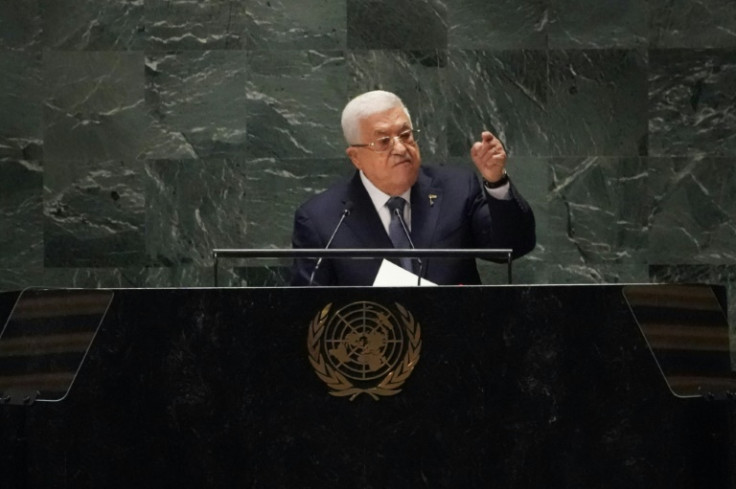The US Expresses Support For Newly Established Palestinian Government

As a stride towards reforming the Palestinian political landscape, The United States has greeted the establishment of a new Palestinian autonomy government signaling its recognition of the reshuffled Cabinet.
The Palestinian Authority oversees portions of the West Bank that are under Israeli control. It is led by Palestinian President Mahmoud Abbas, who has not undergone an election in almost twenty years.
The Biden administration has called for the "revitalization" of the Palestinian Authority based in the West Bank, with the aim of its potential administration over the Gaza Strip following the end of the Israel-Hamas conflict, which began nearly six months ago after a Hamas attack on southern Israel on October 7th.
U.S. State Department spokesperson Matthew Miller released a statement and expressed anticipation for collaborating with the new group of ministers "to achieve credible reforms."
"A revitalized PA is essential to delivering results for the Palestinian people in both the West Bank and Gaza and establishing the conditions for stability in the broader region," Miller said on late Friday, reported AP.
The United States views the Palestinian Authority as a crucial element in its envisioned post-war Gaza plans. However, the authority faces limited popular support or legitimacy among Palestinians, who often see it as a subcontractor of the occupation due to its security cooperation with Israel in the West Bank.
Should the Palestinian Authority assume a role in governing Gaza, a primary obstacle it will confront is the extensive reconstruction needed. The nearly six-month-long conflict has ravaged crucial infrastructure, such as hospitals, schools, residential buildings, as well as roads, sewage systems, and the electrical grid.
The Palestinian Authority governs areas of the Israeli-occupied West Bank and is predominantly controlled by Abbas's Fatah party. Fatah has historically had a tense relationship with Hamas, the governing body in Gaza, leading to a brief conflict between the two factions before Fatah was ousted from Gaza in 2007.
Earlier, Mustafa said in a cabinet statement addressed to Abbas that the first national priority is an immediate ceasefire in Gaza and a complete Israeli withdrawal from the enclave, in addition to allowing humanitarian aid to enter in large quantities and reaching all areas, according to a report in WAFA.
Currently, Israeli Prime Minister Benjamin Netanyahu has declined involvement of the Palestinian Authority (PA) in Gaza. Additionally, for several months, his hard-right finance minister Bezalel Smotrich has withheld tax revenues owed to the Authority, which continues to finance certain services, including healthcare, in the enclave. Consequently, thousands of Palestinian public sector workers have either not been paid or have received only a fraction of their salaries due to this impasse. Mustafa noted that the new government is assuming office amidst an "unprecedented financial crisis."
© Copyright IBTimes 2025. All rights reserved.





















